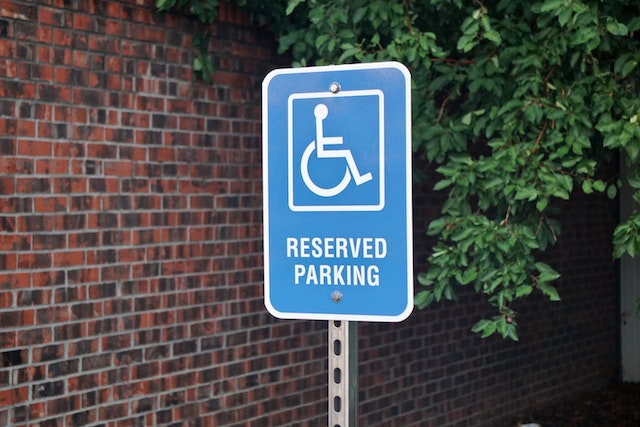
Disabled tenants have just as much of a right to housing as anyone else. This is why federal, state, and local laws protect them from discrimination in the housing process. If you have a disability and you believe that you have experienced discrimination, a New York City tenants’ rights lawyer from our firm may be able to help.
No one can legally discriminate against a potential tenant due to their disabilities. This includes everyone involved in the housing search process, including brokers and landlords. They must evaluate disabled tenants in the same way that they would evaluate any other tenant.
Housing providers are also expected to make reasonable accommodations that can help disabled tenants. They do not have to redo the entire apartment or building, but they do have to make some efforts to ensure that the dwelling is safe and accessible. This can include adding things like:
Unless an expense is deemed unreasonable, changes should be made to make a disabled tenant safer and more comfortable in their home.
It is possible to evict disabled tenants, but they have some protections. Obviously, they cannot be evicted just because they are disabled and a landlord does not want to make accommodations for them. That would be discrimination.
Someone with a disability also cannot be evicted from a rent-stabilized apartment for owner occupancy unless an equivalent or superior apartment can be provided. Most tenants can be evicted with proper notice or not have their lease renewed if the landlord or a close relative of the landlord needs the living space, but landlords must go the extra mile and find disabled tenants comparable housing.
Many apartments do not allow pets or charge a fee for them. This is not allowed when dealing with disabled tenants. If you have a service animal, allowing them to also occupy the apartment is considered a reasonable accommodation. Not allowing a seeing-eye dog or another service animal could be seen as discriminatory behavior.
Disabled tenants often have a few ways to report suspected discrimination. You can file a complaint with the U.S. Department of Housing and Urban Development, a federal agency. You can also address your complaint to the NYS Division of Human Rights or the NYC Commission on Human Rights.
We recommend documenting everything and gathering as much information and evidence as you can. Then talk to a lawyer who can help you submit a complaint to the proper authorities.
So if you believe that you have been discriminated against or that a landlord has ignored the protections offered to you by state and local law, talk to a lawyer. Contact Robert Rosenblatt & Associates to schedule a meeting with our legal team. We are ready to fight for you and your rights.
© 2025 Robert Rosenblatt & Associates. All rights reserved.